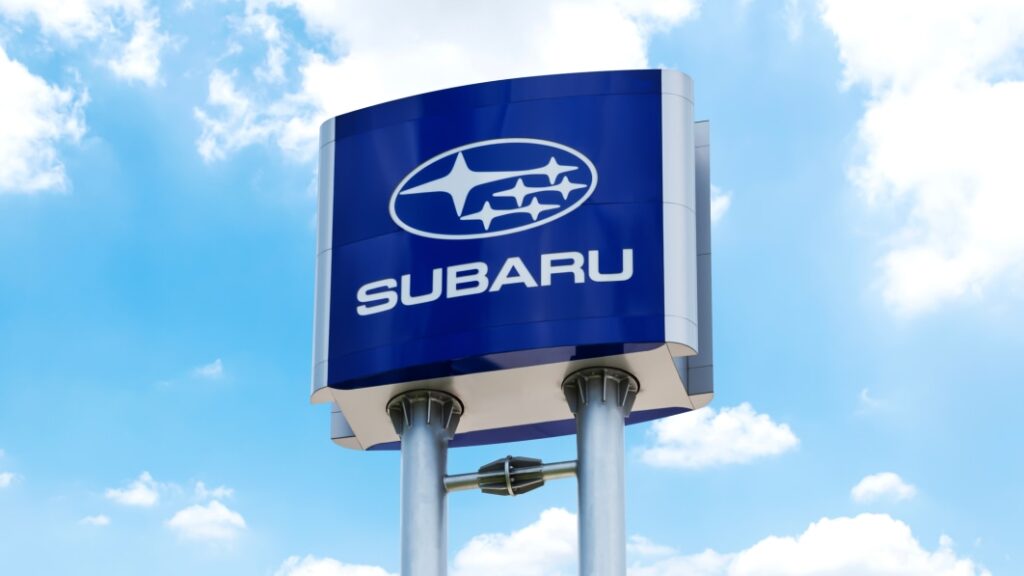Subaru to lean on Toyota for three new EVs by 2026

Subaru and Toyota have long worked together on vehicle development, and an executive for the first company recently confirmed that the two would deepen their partnership. Earlier today, Subaru CEO Atsushi Osaki told reporters that his automaker would team with Toyota to produce three new electric crossovers over the next two years.
“At the moment, it is quite difficult to predict how things will go from here with EVs. There is a huge risk for us to go it alone in this field. We have held talks with Toyota and have agreed that it is better to reduce risks through joint development,” Osaki noted.
Toyota is considerably larger than Subaru and owns a 20 percent stake in the company, so it’s not surprising to see the smaller entity leaning on its more established counterpart. Though it has legions of dedicated fans, new electric vehicle development takes a significant investment and time, two challenges Subaru will want to mitigate.
The company also plans to boost Forester production at its Indiana facility, adding hybrid variants to the roster, and Toyota’s U.S. manufacturing footprint would help Subaru’s EVs qualify for federal tax credits. Subaru also builds vehicles here, but the company’s wait-and-see approach and Toyota’s help will give it some time to make decisions about how and where to make investments in its production capabilities.
Though it will continue focusing on growing its EV offerings, Osaki said that Subaru wouldn’t give up on gasoline. “While we have steered toward EVs, we find it important to sell internal combustion products at the same time. So, we already have plans to expand our hybrid product lineup.” That move is expected to include a next-gen hybrid system for the Crosstrek, in addition to the new Forester.
Subaru’s CEO also outlined the company’s strong fiscal year performance. The automaker saw annual net income nearly double to over $2.5 billion. Forester sales climbed significantly, moving 48,456 units in the first quarter of the year.



